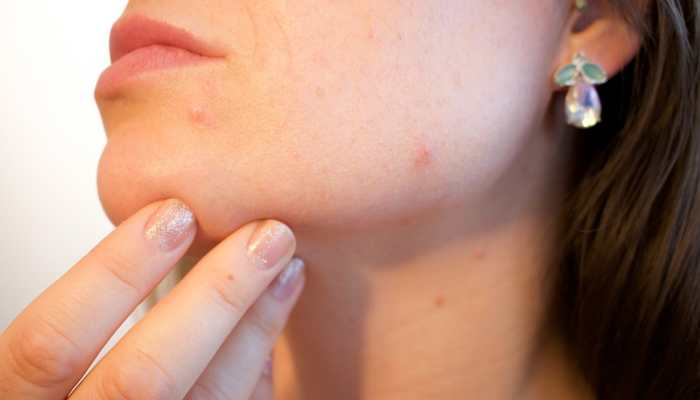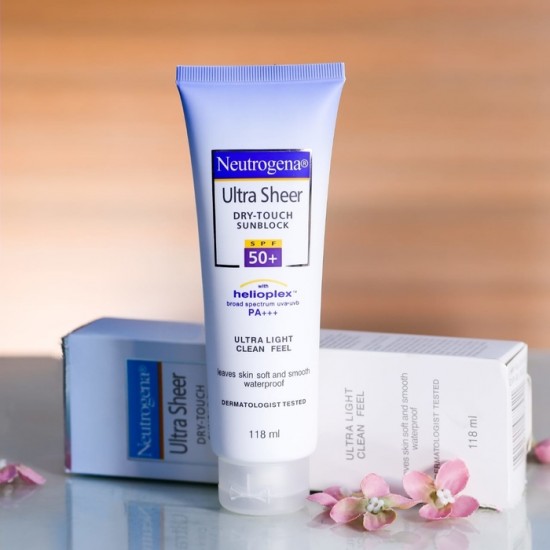Most of us understand the need of wearing sunscreen to minimise sunburn and damage during the summer months, but it should be a year-round preventive health measure. Wear sunscreen regardless of your skin tone or colour. Sunscreen has been utilised since ancient Egypt, when rice bran extract and jasmine were used to protect skin from the sun. In 1936, chemists developed the first commercial sunscreen, which has since been improved. Water-resistant sunscreens are now common in cosmetics and beauty products such as primers, foundations, serums, and creams.
The Advantages of Wearing Sunscreen Even on Overcast Days
Up to 80% of the sun’s rays can penetrate through clouds, so if you think it’s safe to skip sunscreen on a cloudy day, think again. Sunscreen is a vital preventative health care practise that should be practised throughout the year, especially the winter. Snow can reflect up to 80% of ultraviolet (UV) radiation, increasing your chances of sun damage. Also, because UV exposure increases with altitude, sunscreen is essential for family ski vacations. When in doubt, wear sunblock!
Spending time outside is beneficial to your health and can help you obtain vitamin D. However, spending too much time in the sun without protection exposes your skin to harmful ultraviolet (UV) light. The two primary forms of sunlight that injure your skin are ultraviolet A (UVA) and ultraviolet B (UVB).
Both can harm your skin’s DNA (genetic code) and cause skin cancer. However, these rays can also induce other types of damage, resulting in a variety of undesirable skin changes.
You may not realise it, but all solar damage accumulates over time. Even if you rarely go outside, you are always exposed to UV rays. Using sunscreen on a regular basis can help protect your skin from UV rays and their damaging effects.
Let’s look at the advantages of using sunscreen every day.
1. Protects from sunburn
Sunscreen protects against UVB rays, which are responsible for the majority of sunburns. UVB intensity varies. It is most intense around midday and in the spring and autumn, although it can burn you all year. Another reason to wear sunscreen every day is that UVB rays can penetrate clouds, allowing you to burn even on a cloudy day.
2. Reduces the likelihood of skin cancer

Too much UV exposure destroys the DNA inside skin cells over time. When this damage is irreversible, the cells multiply uncontrollably, resulting in all types of skin cancer. Sunscreen protects against sun damage by blocking UV rays.
3. Prevents premature ageing of the skin
UV light is also to blame for indicators of premature ageing such as wrinkles, sun spots, and sagging skin. UV rays cause collagen and elastin degradation when they penetrate the skin. These proteins are in charge of keeping your skin smooth and firm. UV radiation destroys these proteins over time, causing accelerated ageing and skin drooping.
4. Reduces the visibility of blotchy skin
UV light exposure can cause the tiny blood vessels in your face to expand and become more visible. This results in persistent red and purple areas and blotchy skin. Using sunscreen helps to avoid this damage and the formation of these enlarged blood vessels.
5. Lowers the likelihood of hyperpigmentation and melasma
Chronic UV exposure can also result in dark skin areas, such as melasma and hyperpigmentation. These spots can be both annoying and difficult to treat. Everyone, particularly those with darker skin tones, should wear sunscreen every day to help prevent these spots from growing or worsening.
6. Prevents the flare-up of certain skin diseases
The sun aggravates many skin disorders, including cutaneous lupus and rosacea. A rash can flare up or worsen with just a few minutes of unprotected sun exposure for some people. Certain drugs, such as doxycycline and hydrochlorothiazide, can also make the skin more sensitive to the sun and more likely to burn. Using sunscreen on a daily basis can help prevent against these effects.
How can sunscreen keep you safe?
Sunscreen contains various chemicals that defend against UV rays, allowing your skin to absorb less energy. These elements are divided into two categories:
Chemical sunscreens absorb the sun’s rays like a sponge. Avobenzone, oxybenzone, and octisalate are among the components.
Physical sunscreens (also known as mineral sunscreens) act as a shield, reflecting the sun’s rays. Zinc oxide and titanium dioxide are examples.






